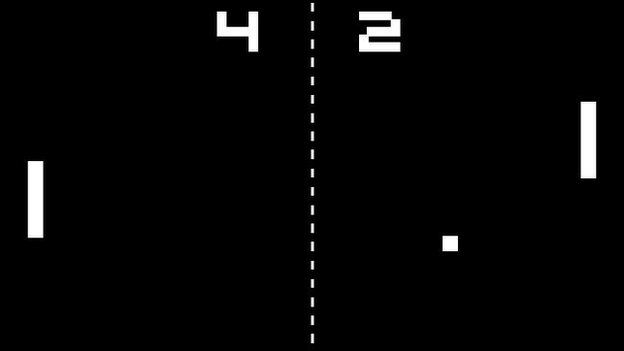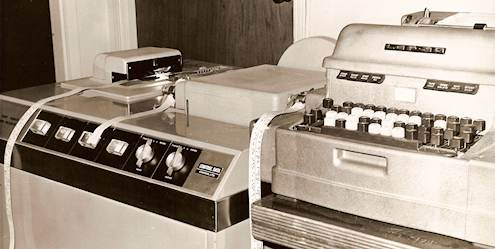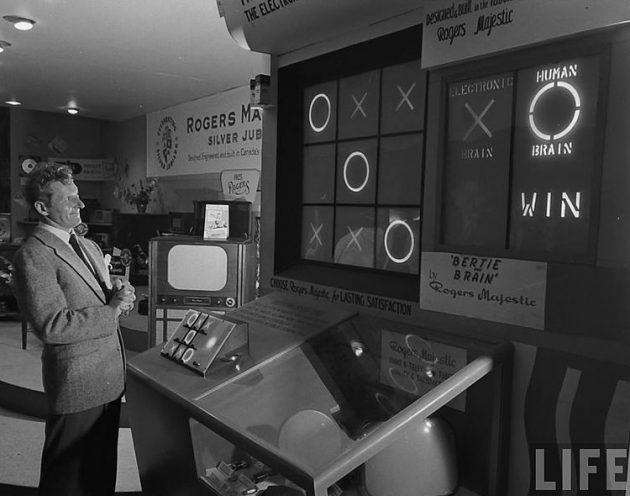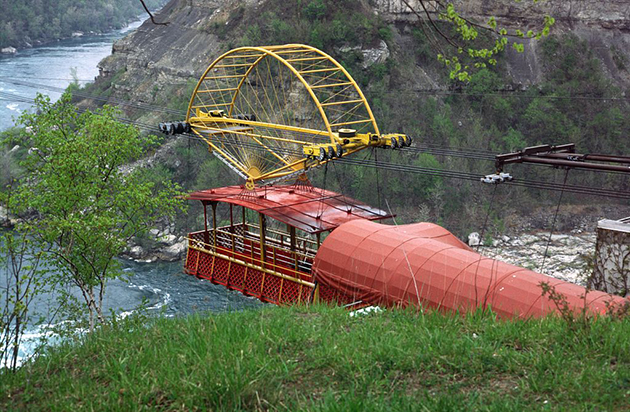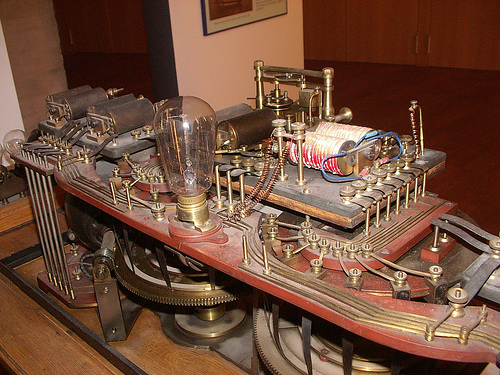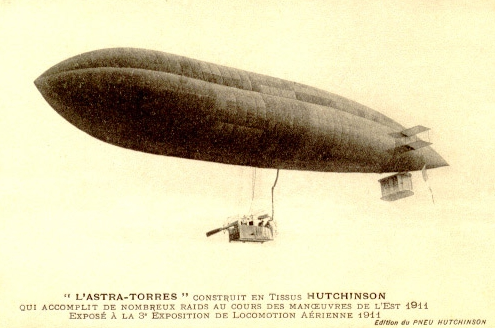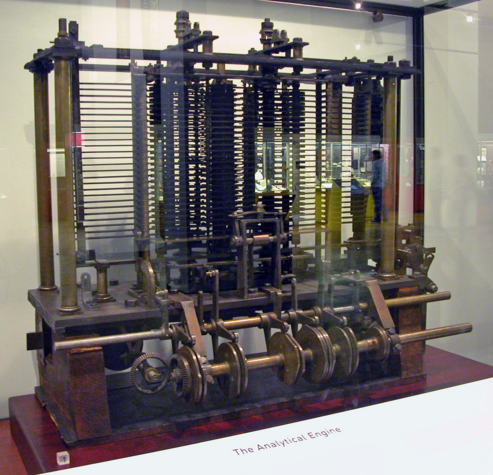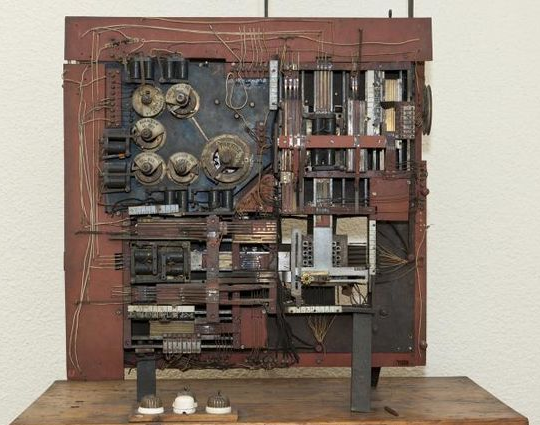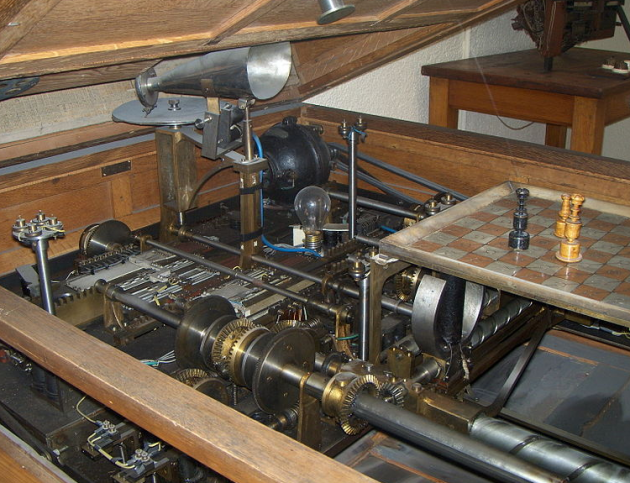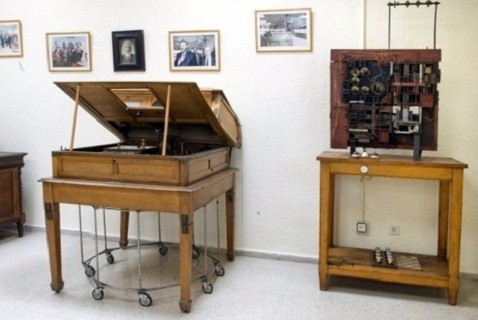The First Computer Game In History Was Created in 1912
When we refer to the first electronic games, titles such as Pong and Space Invaders come to mind, which were released in the ‘70s. The first computer game, however, was invented six decades ago, two years before WWI. Read below to find out who the great grandfather of gaming was.
- The difference between computer games and video games
- The Spanish inventor
- From the first mechanical computer to the first electromechanical computer
- El Ajedrecista: The first computer game in history
- The impact of the first computer game
The difference between computer games and video games
Over the last thirty years, the terms computer game and video game refer to the same thing. Initially, however, “video game” referred to games which were projected on a screen.
You see, early computers did not have screens, since the CRT (Cathode Ray Tube) technology was in still its infancy. So, communication at that time between a computer and its user was performed with punch cards, lights, and prints.
The lack of screens, however, and the fact that an average computer had a size of two washing machines, did not prevent some inventors to create computer games.
Usually they were designing and constructing a system exclusively for playing a game, mainly for presentations in exhibitions. One of the oldest examples is Bertie the Brain, a computer playing tic tac toe.
As expected, the first computer game belongs to this category of specialized systems.
But, although Bertie the Brain was created in the '50s for playing a game that even the average orangutan could play, the first computer game was more advanced, and was created by one of the pioneers in the development of computers- and you’ve probably haven’t even heard of his name.
The Spanish inventor
The man who created the first computer game was the civil engineer and mathematician Leonardo Torres y Quevedo. Born in 1852, he was one of the greatest inventors of that time.
In 1887 he patented his invention for the manufacture of a cable car with multiple wires, which would provide adequate security for the transport of people, and not just cargo. In 1907 he built the first such cable car, and in 1916 the construction of Whirlpool Aero Car over the Niagara waterfalls was completed, which operates until today.
In 1903, Torres presented the Telekino at the Paris Academy of Science, a robot could accept commands wirelessly using electromagnetic waves. It was the second demonstration of wireless control in history, after Nicola Tesla’s Teleautomaton.
In 1902 he presented to the Science Academies of Madrid and Paris a new type of airship that solved a major problem in the cabin connection, and in 1905 the construction of Spain’s first airship was finished. In 1911, the massive construction the Astra-Torres airships began by the French company Astra.
In 1916, King Alfonso XIII of Spain gave Torres the Echegaray Medal for his scientific contributions.
From the first mechanical computer to the first electromechanical computer
The first computer, i.e. a machine that could accept numbers and perform operations with them, was not electronic but mechanical.
The first attempts were made by Charles Babbage, British inventor who is considered the “father of the computer”.
While in his lifetime he failed to complete the two machines he designed, due to lack of funding, the Difference Engine and the Analytical engine built the foundation for the subsequent development of computers.
Torres had studied the Babbage’s plans, and thought that he could improve the idea of a computer by using electricity, replacing the mechanical parts with electromechanical parts.
In 1910 he began the construction of the El Ajedrecista.
El Ajedrecista: The first computer game in history
El Ajedrecista (=The Chess Player) is an automatic machine that can play a very specific scenario in chess. The machine controls the king and a rook, while the player controls only a king.
In this scenario, and regardless of where the pieces on the chessboard were placed initially, the machine would always checkmate the opponent. Although, in some positions, more than the 50 moves specified in the chess regulations were required to complete the game.
The machine detects the position of pawns with electric sensors and moves the pawns with a mechanical arm.
If the human performed an illegal move, the machine would understand it, make a light signal and not continue the game if the move was not corrected. After three illegal moves, the game was stopped completely.
The construction of El Ajedrecista was completed in 1912 and the first public presentation was made in Paris Academy of Sciences in 1914.
In 1920, Leonardo together with his son, Gonzalo, showed an improved version of the machine, using electromagnets under the board to move the pawn instead of a mechanical arm.
Both machines are functional up to date, and are located in the Museo Torres Quevedo at the university Colegio de Ingenieros de Caminos Canales y Puertos in Madrid.
The impact of the first computer game
The important thing with El Ajedrecista is not that it was able to play a game, a small subset of chess. What fascinated people in its first appearance is that the device was giving the illusion of thinking, something that was not shown by any other machine in the same way until then.
Still, the development of computers required many steps, and many ingenious engineers with their inventions. But this first computer game by Leonardo Torres y Quevedo, along with the work of inventors like Percy Edwin Ludgate and Vannevar Bush, rekindled the interest in Babbage’s unfinished devices, and made a significant development in computer science.
[Sources: Wikipedia, Google Blog]

